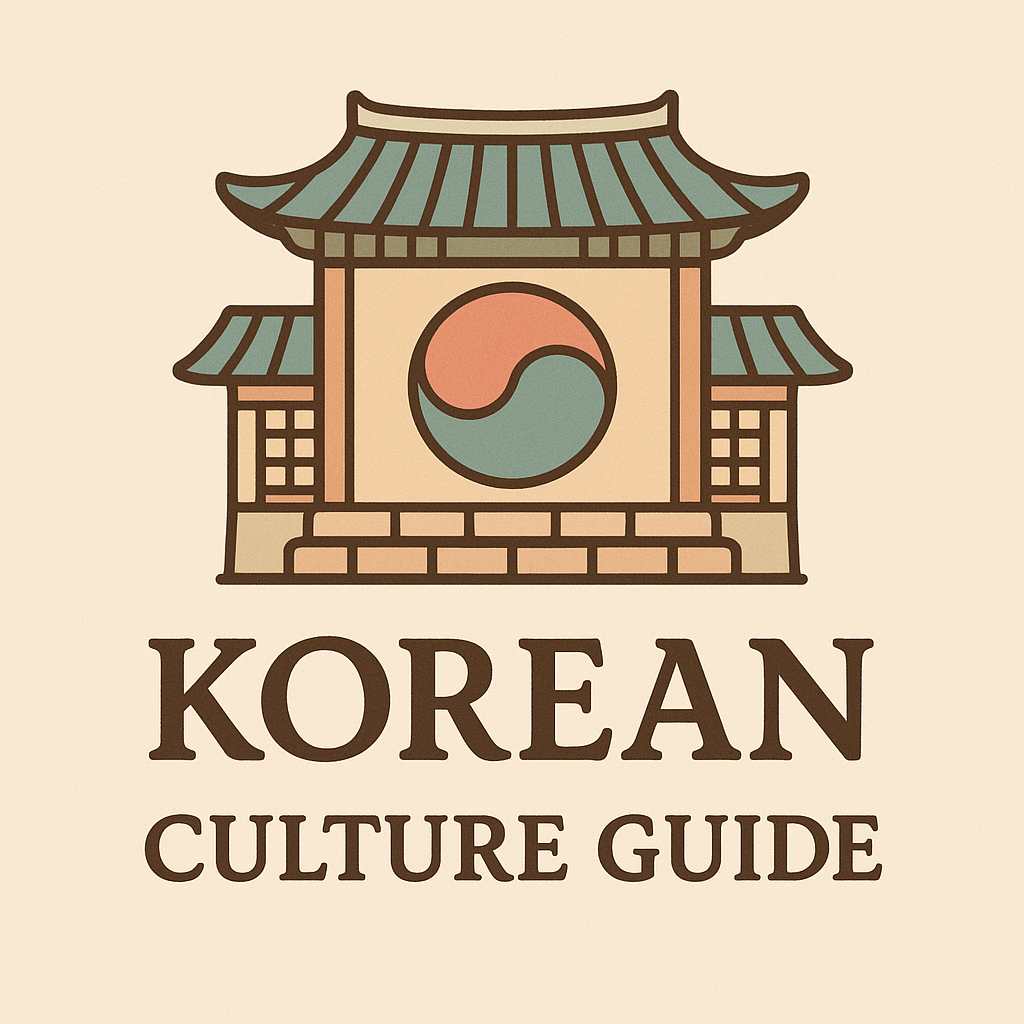-
contents
A Whisper in the Dark That Could Summon the Unseen
In traditional Korean culture, whistling after dark wasn’t just impolite—it was believed to be dangerous. A seemingly innocent act could, according to folklore, invite evil spirits or snakes into one's home. But why was this sound feared in the silence of night? This post explores the chilling beliefs, historical context, and cultural implications behind one of Korea’s most quietly powerful superstitions.
The Sound That Stirred Spirits: Cultural Beliefs Behind Night Whistling
In pre-modern Korea, sound played a pivotal role in spiritual interpretation. Just as drums could call the gods in shamanistic rituals, a whistle in the night was thought to invite darker forces. This belief stems from the conviction that the world becomes spiritually unstable after sunset. As yin energy rises and yang fades, boundaries between the living and spirit world weaken—opening the door to ghostly visitations.
Unlike birdsongs or flowing water, whistling is a human-generated sound that can carry far and pierce silence. In many Asian traditions, especially Korean and Chinese, such a piercing sound during “spirit hours” was interpreted as a kind of call—consciously or not—to the invisible. Elders warned that demons or wandering souls might hear the sound and come investigating.
Summoning Snakes: The Animal Aspect of the Superstition
Strangely, many Korean elders associated whistling at night with the appearance of snakes. While this might sound peculiar, it’s rooted in both symbolic and ecological beliefs.
Snakes in Korean folklore symbolize both fertility and death, depending on the region and context. They are seen as omens, often linked with mountain gods or vengeful spirits. The belief was that the whistle's frequency mimicked sounds that attracted snakes—either as a mating call or as an auditory cue that something edible or dangerous was nearby.
In rural areas, where snakes could pose real threats to homes and livestock, warning children not to whistle at night served a dual purpose: avoiding mystical dangers and practical ones.
Whistling and the Yin World: Ghosts, Goblins, and Gwishin
Beyond animals, the most chilling aspect of the superstition is its spiritual dimension. According to Korean shamanic tradition (무속신앙), sounds have frequencies that can cross between worlds. A whistle, sharp and unnatural in the quiet of night, was believed to attract the attention of gwishin (ghosts) and dokkaebi (goblins).
Gwishin are often portrayed as long-haired women in white hanbok, trapped between life and death due to unresolved emotions. To them, a whistle might represent a call or a provocation. Some tales describe gwishin appearing in response to a whistle, following the sound to its source, only to haunt or curse the whistler.
This idea was so embedded in folklore that even urban Koreans in the 20th century often avoided whistling after dark, lest they tempt fate. It’s a superstition that endured across generations—quiet, but firmly rooted in ancestral fear.
Control Through Belief: Parenting and Oral Tradition
Superstitions often serve a function in preserving social norms, and the no-whistling rule was no exception. Parents and grandparents used this belief to control behavior and instill discipline. Just as Western parents might tell children the boogeyman will get them, Korean elders invoked ghosts or snakes to stop mischief and keep the night quiet.
But this wasn’t merely manipulation—it was also a form of cultural transmission. Through repeated warnings and tales told at bedtime, generations of Koreans inherited a deep respect for the unseen. Children learned that the world was not theirs alone—that sound could reach places their eyes could not.
Modern Echoes: Is the Superstition Still Alive Today?
Today, with urban noise pollution and the spread of Western rationalism, such beliefs have faded in daily practice. Young Koreans may chuckle at their grandparents’ warnings and whistle freely after dark without fear.
However, remnants of the superstition linger. In rural areas and among older generations, the discomfort around night whistling remains. Moreover, many Koreans still avoid certain behaviors during ghost month (음력 7월), such as swimming at night or visiting graveyards after dusk. The worldview behind the no-whistling belief continues to shape subconscious attitudes toward sound, darkness, and respect for spiritual boundaries.

Whistling Through the Layers of Korean Memory
What may seem like an outdated superstition carries with it a layered understanding of Korean cosmology, nature, and social control. The belief that whistling at night could summon spirits or snakes wasn’t just about fear—it was about respect. Respect for nature’s rhythms, for the unseen world, and for ancestral wisdom passed through hushed warnings.
Even in a hyper-modern Korea, these old beliefs serve as quiet reminders that tradition echoes in unexpected places. So, next time you find yourself under a Korean night sky, listen carefully. Some sounds, even today, are better left unsung.
'culture' 카테고리의 다른 글
How Koreans Used Rice Beyond Food: Rituals, Medicine, and Magic (0) 2025.05.15 The Whispering Trees: Why Old Zelkova Trees Were Sacred in Korean Villages (0) 2025.05.14 Why Koreans Believe in Dream Symbols: The Hidden World of Mongyim (0) 2025.05.13 The Secret Life of Korean Household Talismans (부적): Protection or Placebo? (0) 2025.05.12 Why Traditional Korean Ink Paintings Used Minimalist Techniques (0) 2025.05.10 The Forgotten Healing Practices of Traditional Korean Medicine (0) 2025.05.09 How Pansori Shaped Korean Music and Storytelling (0) 2025.05.08 The Symbolism of Lotus Flowers in Korean Culture (0) 2025.05.07
K_Culture Guide
Korea Vibes Blog shares real stories, cultural insights, and travel tips from Korea. Discover what makes Korean life so unique.
